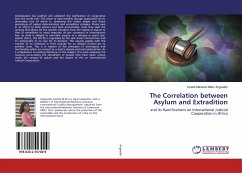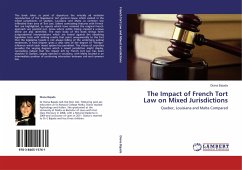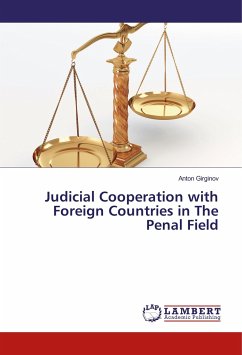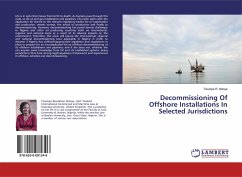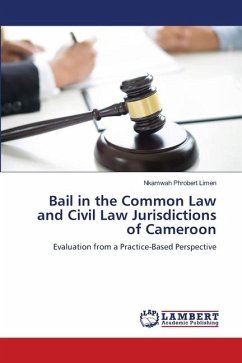
Comparison of Pakistani Extradition Law With Other Jurisdictions
A Human Rights Perspective
Versandkostenfrei!
Versandfertig in 6-10 Tagen
36,99 €
inkl. MwSt.

PAYBACK Punkte
18 °P sammeln!
Historically extradition had been granted for the surrender of political offenders and the sovereign rulers had full authority to deal with the fugitives so surrendered according to their own whimsical wishes. This had left extradition with more political considerations than legal. However, the human rights movement which got acceleration after WW II has made serious impact on all branches of law including extradition which has converted it into a proper legal concept compatible with international human rights standards.Nonetheless, the Extradition Act of Pakistan, 1972 lags far behind in prov...
Historically extradition had been granted for the surrender of political offenders and the sovereign rulers had full authority to deal with the fugitives so surrendered according to their own whimsical wishes. This had left extradition with more political considerations than legal. However, the human rights movement which got acceleration after WW II has made serious impact on all branches of law including extradition which has converted it into a proper legal concept compatible with international human rights standards.Nonetheless, the Extradition Act of Pakistan, 1972 lags far behind in providing procedural safeguards to the fugitive offenders and protecting their basic human rights as compared to other civilized States of the world. Pakistan should, therefore, amend her extradition law so as to make it compatible with international human rights standards. This will show her commitment for the protection and promotion of human rights. Moreover, it will be a step forward towardsattaining an honored place amongst the nations of the world- a goal which the people of Pakistan have set for themselves.




